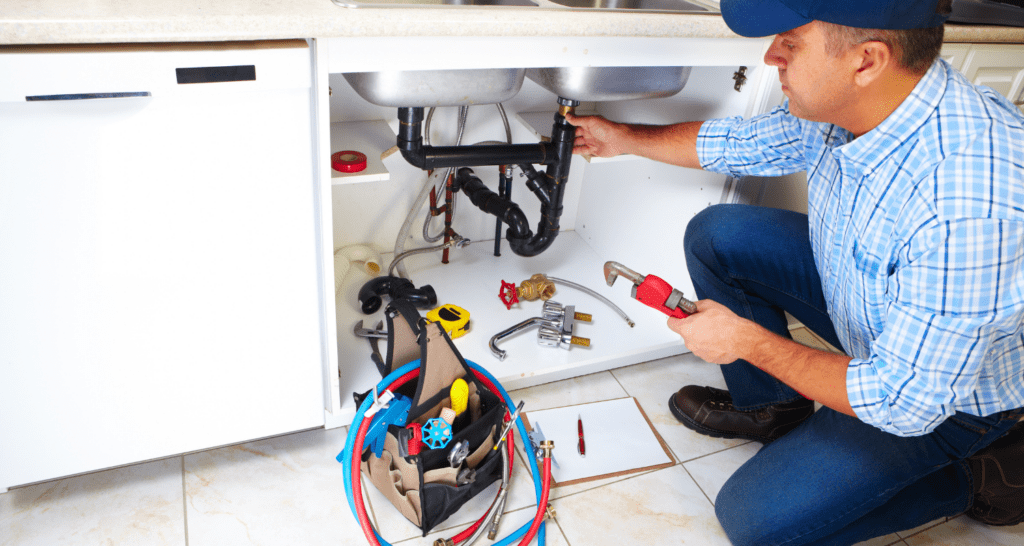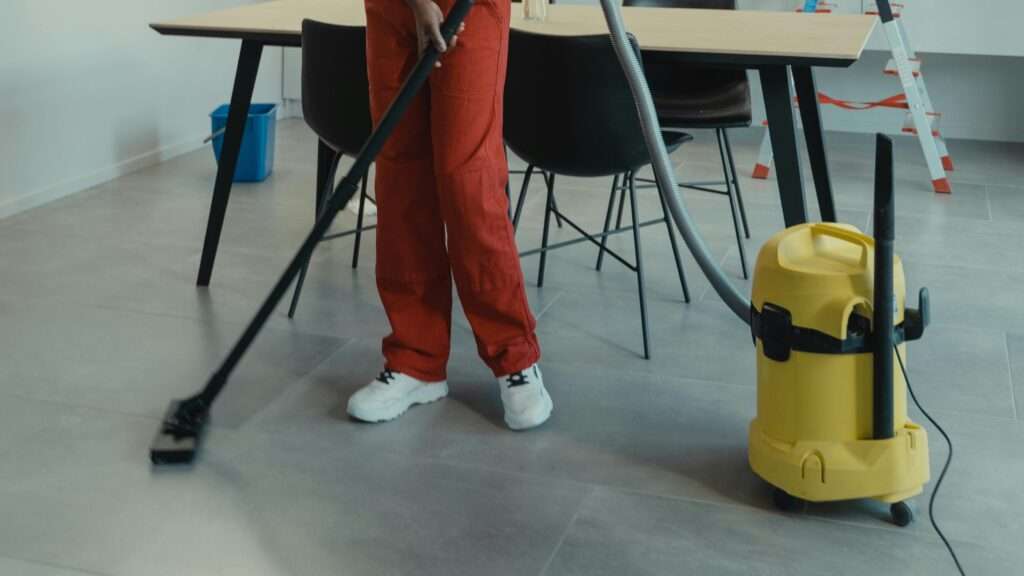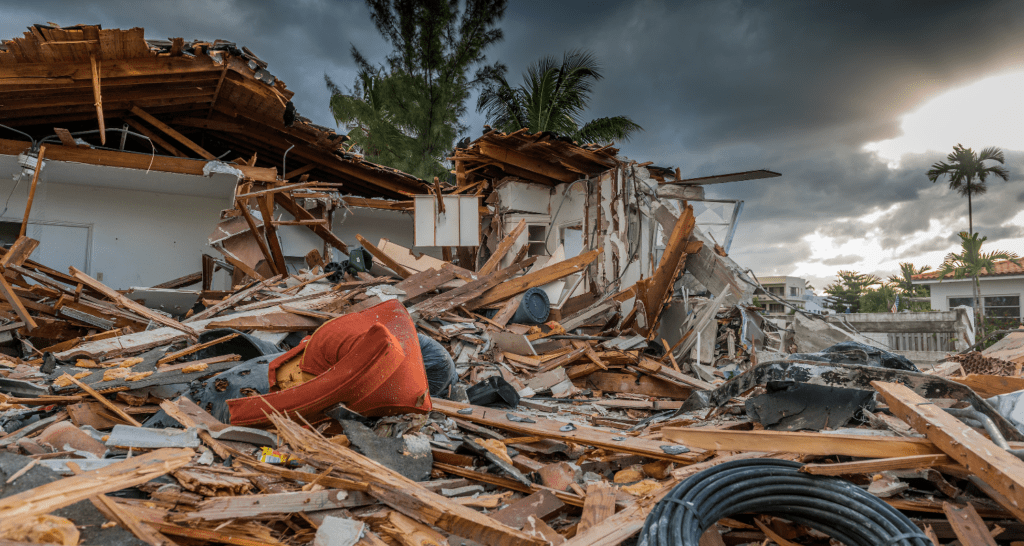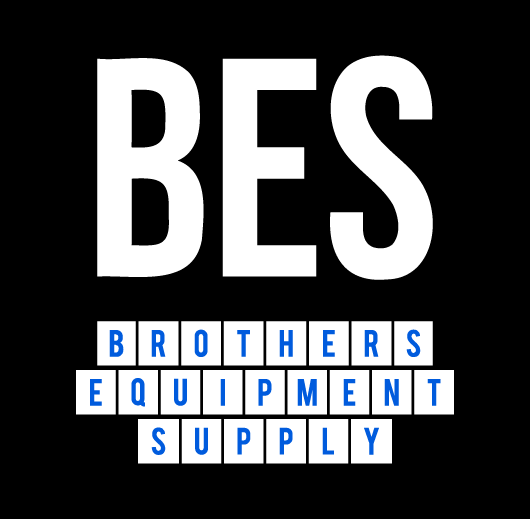
Top 20 Professions That Use Water Damage Equipment Regularly And Why
Top 20 Professions That Use Water Damage Equipment Regularly And Why
By: Brothers Equipment & Supply
Water damage equipment is crucial across various industries, ensuring the swift mitigation of water-related issues. These tools help prevent further property damage, mitigate health risks like mould, and restore affected areas.
This article explores the top professions that rely on water damage equipment and the reasons behind their frequent usage, highlighting the significance of this essential technology.
Let’s get right into it!
Restoration Specialists
Restoration specialists play a vital role in addressing water damage caused by floods, leaks, or plumbing failures. They use equipment such as dehumidifiers, air movers, and moisture meters to assess and restore properties.
According to industry reports, water damage accounts for approximately 29% of insurance claims, making restoration specialists indispensable in minimizing financial and structural impacts.
Plumbers
Plumbers frequently encounter water damage during their work, particularly when repairing burst pipes or clogged drains. Tools such as water pumps and thermal cameras help them locate and address issues efficiently.
With over 20% of water wastage in Canadian households stemming from leaks, plumbers’ expertise in water damage management is critical.

Property Managers
Property managers are responsible for maintaining residential and commercial buildings. Addressing water damage caused by tenant activities or weather conditions is a significant part of their job.
Equipment like moisture meters and portable water extractors helps them evaluate and manage water issues effectively, ensuring tenant satisfaction and property longevity.
Construction Workers
Construction workers often deal with water damage during building projects. Rainwater seepage or accidental leaks can halt construction progress and compromise materials.
Equipment like industrial-grade dehumidifiers and wet vacuums is crucial for keeping projects on track and ensuring structural integrity.
Insurance Adjusters
Insurance adjusters evaluate water damage claims to determine coverage eligibility. They rely on tools such as infrared cameras and moisture probes to assess damages accurately.
This technology ensures fair compensation for policyholders and prevents fraudulent claims. According to the Insurance Bureau of Canada, water damage is one of the most common claims, underscoring the importance of precise evaluations.
HVAC Technicians
HVAC systems can inadvertently cause water damage through leaks or condensation. Technicians use tools like condensate pumps and leak detectors to prevent such issues.
Ensuring proper drainage and addressing leaks promptly protects properties from significant water damage.
Carpet Cleaners

Carpet cleaners often encounter water-damaged carpets due to floods or plumbing mishaps. They use industrial-grade dryers and steam cleaners to restore carpets effectively, preventing mould and odour. Studies reveal that timely cleaning within 48 hours can significantly reduce mould risks.
Firefighters
While combating fires, firefighters often leave behind water damage. Tools like portable water extractors and high-capacity dehumidifiers help mitigate secondary damage. Quick water removal is crucial to restoring affected properties and preventing long-term issues.
Housekeepers And Janitorial Staff
Housekeepers in commercial settings regularly address minor water spills and leaks. Portable wet vacuums and lightweight air movers enable them to manage these tasks efficiently, ensuring cleanliness and safety in public spaces.
Environmental Engineers
Environmental engineers address water contamination and damage in industrial or natural settings. They use specialized tools like water sampling kits and remediation equipment to analyse and resolve issues. Their work ensures compliance with environmental regulations and protects public health.
Marine Maintenance Workers
Marine maintenance workers often deal with water leaks and damage on ships and boats. Bilge pumps and moisture detectors are essential tools in their arsenal, ensuring vessels remain seaworthy and safe for passengers and crew.
Pest Control Experts
Pests like termites and rodents thrive in moist environments. Pest control experts use water damage equipment to dry affected areas, preventing infestations and protecting properties from further harm. Moisture control is vital for effective pest prevention.
Roofing Contractors
Roofing contractors address water damage caused by leaks or poor drainage systems. Tools such as leak detection devices and water pumps enable them to identify and repair damaged areas efficiently, ensuring long-lasting roof integrity.
Electricians
Electricians often work in water-damaged areas, addressing issues caused by leaks or flooding near electrical components. Safety tools such as moisture meters and insulated equipment protect them while ensuring proper repairs. Statistics show that water-damaged electrical systems can lead to severe safety hazards if not promptly addressed.
Landscapers
Landscapers manage water damage in outdoor areas caused by poor drainage or heavy rainfall. Pumps and drainage systems are essential tools for redirecting water and preserving landscape designs. Effective water management also helps protect neighbouring structures from water seepage.
Real Estate Agents
Real estate agents play a role in identifying water damage during property evaluations. Moisture meters and infrared cameras help them assess properties accurately, providing potential buyers with valuable insights. Addressing water damage upfront can improve property marketability.
Water Damage Disaster Response Teams
Disaster response teams handle large-scale water damage during emergencies like floods or hurricanes. High-capacity pumps, dehumidifiers, and portable generators are vital tools in their operations. Quick water mitigation efforts save lives and reduce property losses during crises.

Pool Maintenance Technicians
Pool maintenance technicians manage water leaks and overflows in residential and commercial pools. Tools like leak detectors and underwater patch kits enable them to address issues promptly, maintaining pool functionality and safety.
DIY Homeowners
Many homeowners invest in basic water damage equipment, such as wet vacuums and portable dehumidifiers, to address minor issues themselves. Proper usage of these tools can prevent small leaks from escalating into significant problems, saving money and time.
Challenges In Using Water Damage Equipment
Despite advancements, using water damage equipment comes with challenges like high costs and maintenance requirements. Innovations such as smart moisture detectors are simplifying operations, making water damage management more accessible and effective.
FAQs
What Is The Most Important Equipment For Water Damage Mitigation?
Dehumidifiers and moisture meters are crucial as they help remove excess water and measure moisture levels to prevent mould growth.
How Do Different Professions Use Water Damage Tools?
Professionals use water damage tools for various purposes, such as restoring properties, preventing structural damage, and ensuring safety in affected areas.
What Safety Precautions Should Be Taken When Using Water Damage Equipment?
Always wear protective gear, follow equipment guidelines, and ensure electrical tools are used in dry environments to avoid hazards.
How Has Technology Improved Water Damage Equipment?
Advancements like smart sensors and infrared cameras have enhanced accuracy and efficiency in detecting and managing water damage.
Can Water Damage Tools Be Rented?
Yes, many equipment rental companies offer tools like dehumidifiers and wet vacuums for short-term use.
What Are The Costs Associated With These Tools?
The costs vary depending on the tool. For instance, portable dehumidifiers can range from $200 to $1,500, while industrial-grade equipment may cost more.
How Quickly Should Water Damage Be Addressed?
Experts recommend addressing water damage within 24-48 hours to minimize mould growth and structural issues.
Are There Eco-Friendly Water Damage Solutions?
Yes, many professionals use energy-efficient equipment and eco-friendly cleaning solutions to mitigate environmental impacts.
What Are Common Signs Of Water Damage?
Signs include discoloured walls, peeling paint, musty odours, and visible mould growth.
How Do I Choose The Right Water Damage Equipment?
Consider the size of the affected area, the severity of the damage, and the equipment’s efficiency and cost.
Conclusion
Water damage equipment is indispensable across numerous professions, from restoration specialists to DIY homeowners. These tools not only mitigate damage but also safeguard health and property. Understanding their applications and challenges ensures that water damage is managed effectively, benefiting industries and individuals alike.
If you have any questions about our article “Top 20 Professions That Use Water Damage Equipment Regularly And Why” or need water damage equipment, contact us at sales@brothers-equipment.com or connect with us on social media.
